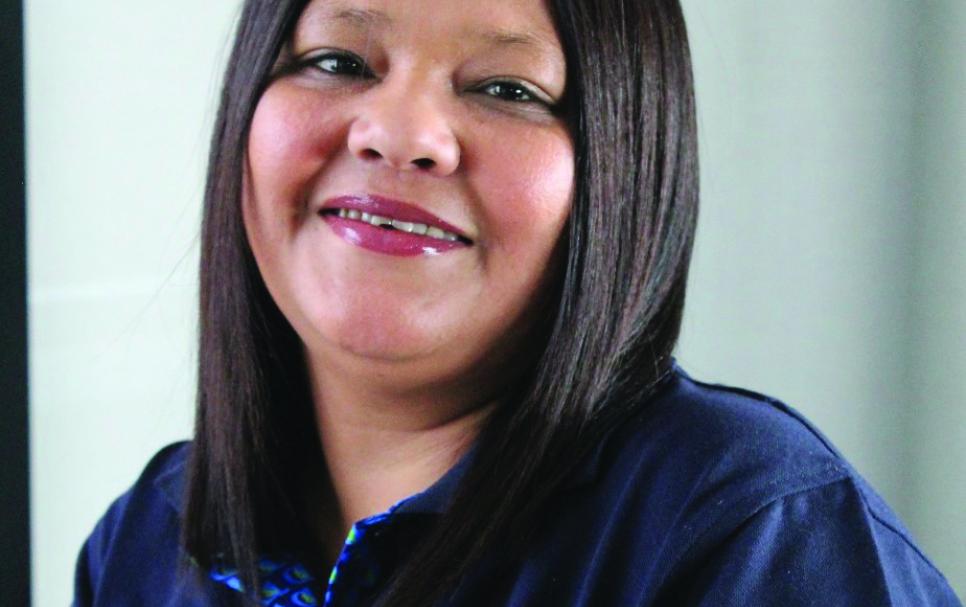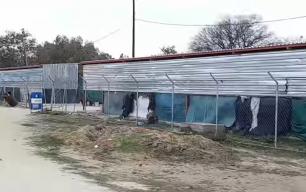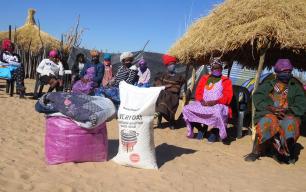Changing the narrative

As we observe World Suicide Prevention Day on 10 September 2025, with the theme "Changing the Narrative on Suicide," it's crucial to confront an uncomfortable truth: suicide remains a global crisis demanding urgent, collective action. More than 720,000 people worldwide die by suicide annually. That’s one death every 43 seconds, with each tragedy rippling through families, communities and entire societies.
A global crisis with local impact
The statistics paint a sobering picture. Globally, more than one in every 100 deaths is due to suicide, making it the third leading cause of death among 15-29-year-olds. While these numbers are staggering, the African continent bears a disproportionate burden. Africa has the highest suicide rate in the world, estimated at 11.2 per 100 000 population, significantly above the global average of 9.0 per 100 000.
For Namibia, these global trends translate into a national emergency. "Namibia ranks among the countries with the highest suicide rates in the world - and first in Africa," explains Izolde Bock, Employee Health and Wellness Manager at O&L Group. With a rate of 9.7 per 100,000 people, the country stands fourth in the region, surpassing neighbours such as South Africa, Botswana and Zimbabwe.
In the 2023–2024 financial year, 542 lives were lost to suicide, a crisis that shows no sign of slowing. Between January and March 2025 alone, 124 people died by suicide - 108 of them men - while 3 000 attempts were reported.
For a nation of just over three million people, these figures reflect heartbreaking loss and a profound impact on families, workplaces and communities across Namibia.
UnderStanding the Namibian context
What drives these alarming statistics in Namibia? According to Bock, multiple interconnected factors create a perfect storm of despair. "Financial difficulties are on top of the list," she notes, pointing to unemployment rates that skyrocketed post-pandemic and the cost of living that has "increased tremendously over the past few years."
The pandemic's impact cannot be understated. "The crisis has worsened because during the 2½ years of the pandemic, we experienced significant loss and death." Izolde explains. "Many people were denied the opportunity to grieve and to find closure. Prolonged isolation further intensified these challenges, contributing to an increase in mental health concerns across communities."
Cultural factors further compound these challenges. "There are cultural norms surrounding masculinity that play a role," Izolde observes, noting how societal expectations prevent men from seeking help. Traditional beliefs about mental health create barriers, with some employees refusing treatment, care and support due to cultural resistance to acknowledging mental health illnesses. Furthermore, there are insufficient facilities available in our country to cope with the needs of our people.
A corporate response: O&L's comprehensive approach
Against this backdrop of national crisis, some organisations are stepping up with innovative solutions. The O&L Group has developed a comprehensive wellness programme that serves as a model for corporate suicide prevention.
"Our main focus is on psychosocial support services where we provide on-site counselling to employees," Izolde explains. The company's wellness team consists of registered professionals who provide individual, couple, group and family counselling - all free of charge to employees and their immediate family members.
But the approach by O&L goes beyond counselling. The Group conducts regular education and awareness campaigns, particularly during September's Suicide Prevention Month, distributing accurate information and encouraging open conversations. O&L has also developed practical support systems, including financial wellness training tailored for employees (soon to be launched) and specialised treatment and rehabilitation leave policies, ensuring employees don't have to choose between their wellbeing and their livelihood.
Perhaps most importantly, O&L recognises that suicide prevention cannot be relegated to wellness departments alone. "Raising awareness and being advocates for suicide prevention, is a responsibility that rests on each one of us." Izolde emphasises.
This understanding drives O&L’s comprehensive approach to creating psychologically safe workplaces. Leadership sets the tone by prioritising mental health, managers receive training to recognise warning signs and colleagues are encouraged to look out for one another.
Everyone has a role to play in suicide prevention, but this requires knowledge of what to watch out for. Warning signs include social withdrawal, declining work performance, extreme mood swings, increased irritability or sadness, talk about hopelessness, changes in appearance or personal care, increased absenteeism, substance abuse, giving away personal items and changes in eating or sleeping habits. Such behavioural changes often precede more serious indicators, making early recognition crucial.
A message of hope
Despite the sobering statistics and complex challenges, hope remains. As Izolde powerfully articulates: "If you are struggling and thinking about suicide, I want you to know that there is always help out there for you. You are not alone and your life matters more than you realise."
The darkness of suicidal thoughts can make it impossible to see alternatives but support exists. "Taking that first small step of reaching out, talking and sharing with someone that you feel safe with, be it a family member, a friend, a colleague or a counsellor, someone that will stand with you in this moment. You don't have to go through this alone. Reach out for help." Izolde urges.
As we change the narrative around suicide, we must move from stigma to support, from silence to conversation, from isolation to community action. Every workplace, every community, every individual has a role to play in preventing suicide.
The challenge is immense but so is our collective capacity for compassion and action. In honouring World Suicide Prevention Day, we commit to awareness and to the sustained, comprehensive effort required to save lives and build hope.
Remember: your story isn't finished yet. Your presence matters more than you might ever know and the world is better with you in it.
- 442 views










Comments